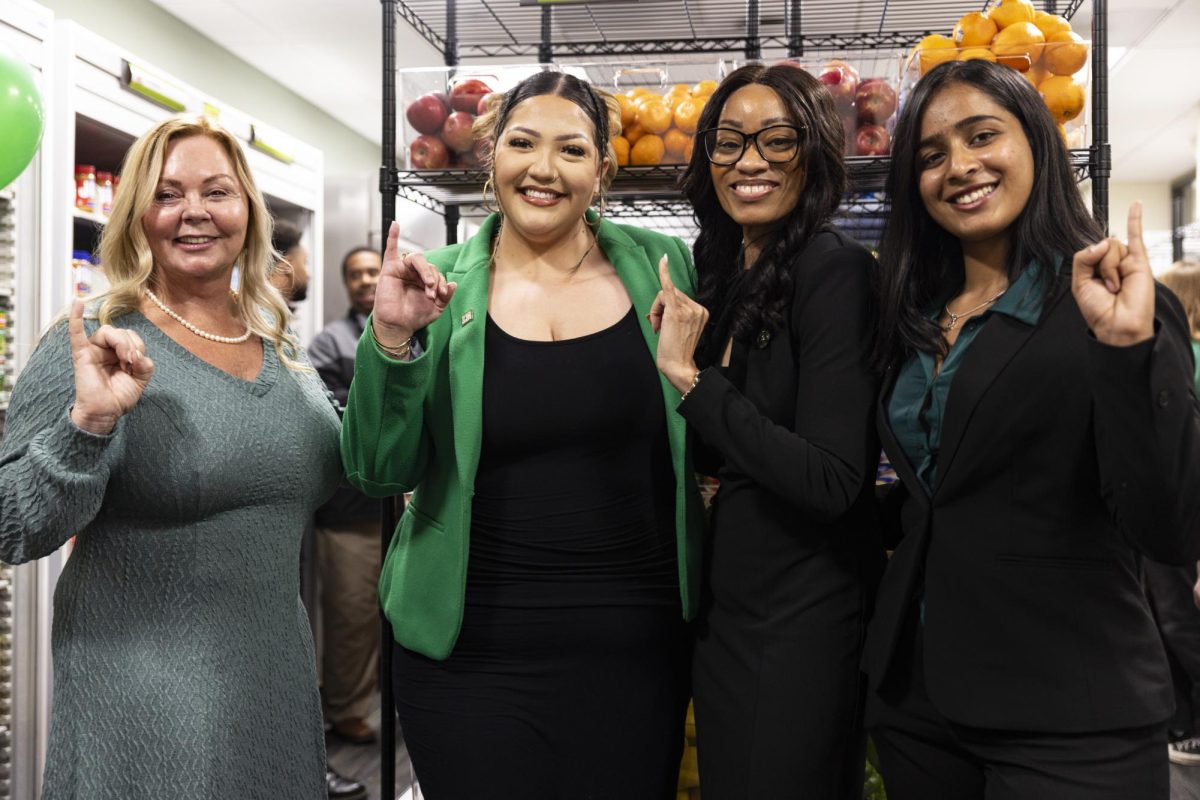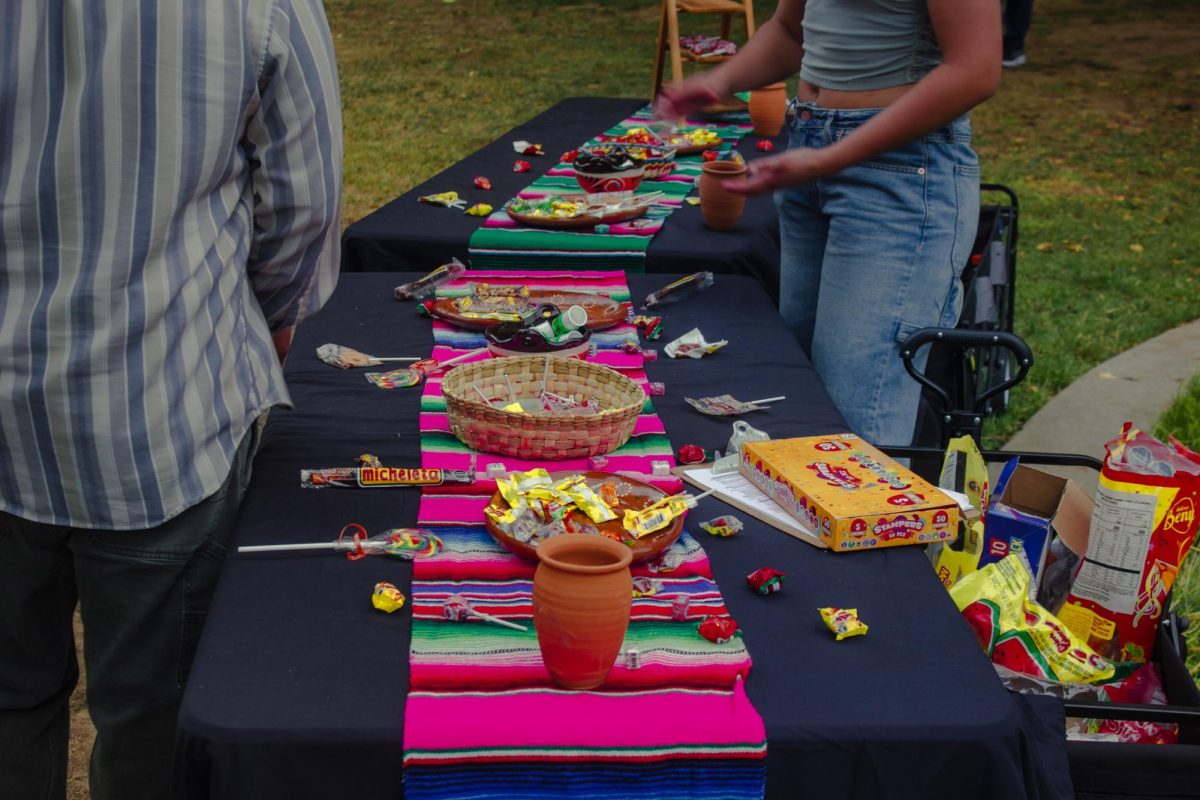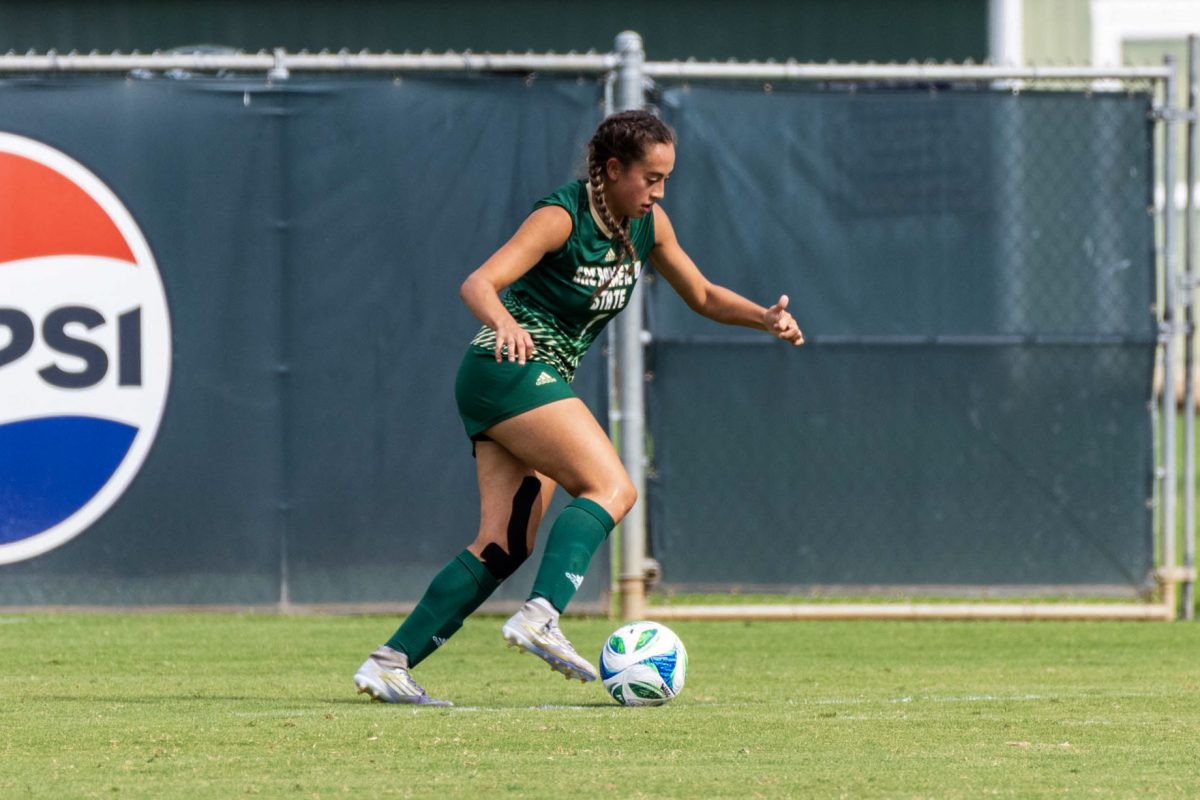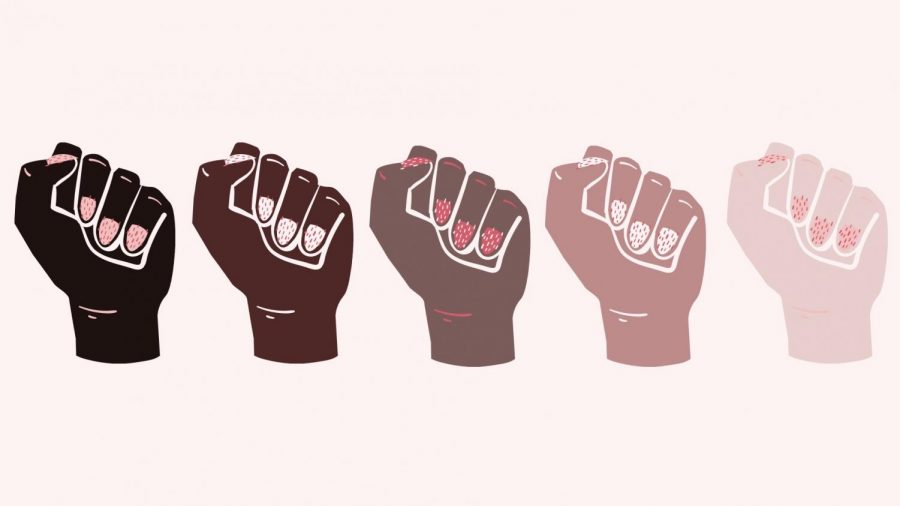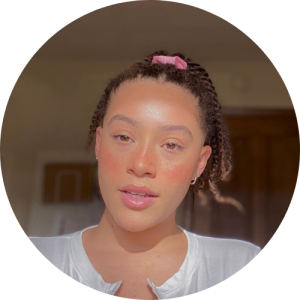OPINION: Colorism is alive and thriving in the Black community
February 24, 2020
I will never be able to fully grasp what my darker skinned brothers and sisters face daily, but just because the melanin content in my skin is not as high as others does not mean I do not face discrimination.
I’m not going to sit here and tell you that having lighter skin in the Black community doesn’t give me a level of privilege – it does. I am aware of it and won’t deny it. But I still am subjected to discrimation based on the color of my skin – and that comes from inside and outside of the Black community.
Colorism directly affects all members of the Black community, not just a select few. While the Black community is constantly fighting against and facing issues that come from outside forces, the same issues are coming directly from inside the community.
Now, if people believe that me being on the lighter side of the melanin spectrum removes me from having a right to speak on issues of colorism within the community then that is their opinion — but this is mine.
I am not here to play “devil’s advocate.” I am speaking about what I see happening in the Black community.
A community that has been historically oppressed should not continue the cycle of oppression within its own community. Members of the Black community often reinforce stereotypes subconsciously because the Black community has been taught to view themselves as lesser throughout history. As a community, it can be hard to release the stereotypes that we have not only adopted but accepted.
Story continues below tweet.
“Who taught you to hate the texture of your hair? Who taught you to hate the color of your skin? Who taught you to hate the shape of your nose and the shape of your lips? Who taught you to hate yourself from the top of your head to the soles of your feet?” Malcolm X pic.twitter.com/BKsDMfd9eI
— COMMON (@common) December 23, 2017
In the Black community, colorism is heavily present in relationships.
Stereotypes like “the angry Black woman” and the “the loud Black woman” have been forced on us because the Black men within our community stick us with these tropes that are hard to shake.
Once Black women begin to feel unworthy because of the way they are treated by Black men and choose to date outside of their race, they are seen as traitors.
Black men internalize the hate that they are taught and force it onto Black women in their community.
Often people in the Black community do not want to admit to adding to the perpetuation of the negative view of their community, and colorism is not an exception.
It can become hard to focus on the bigger issues — police brutality and criminalization of skin color — when a community is in a constant battle with itself.
Story continues below video.
While colorism has been given a concrete definition, there is no way to fully describe it in words unless you have experienced it yourself. Colorism is related to more than the melanin content of a person’s skin, it is about the lineage attached to the skin color.
I’m often told, by people within the Black community, that because of the color of my skin, I do not face the same level of discrimination as they do—which is true— but the color of my skin does not lessen the racial discrimination that I face.
Even through I may not face the same amount of discrimination than those in my community who are darker than I am, I can still speak out on the issues of colorism.
When a community is fighting within itself, people who other groups deem as “acceptable” have to realize that, with their privilege, they need to speak up and push the issues to the front of the conversation.
Story continues below video.
When communities fight internally, more problems can arise and it can become easier for outside groups to discriminate against them when they are unable to find acceptance within itself.
No person in the Black community, no matter how dark their skin, can choose when to be Black and when not to be Black.
Being Black is not something that can be turned on and off when it is applicable to a situation, there is no switch to flip, there is not an option to opt-out.




